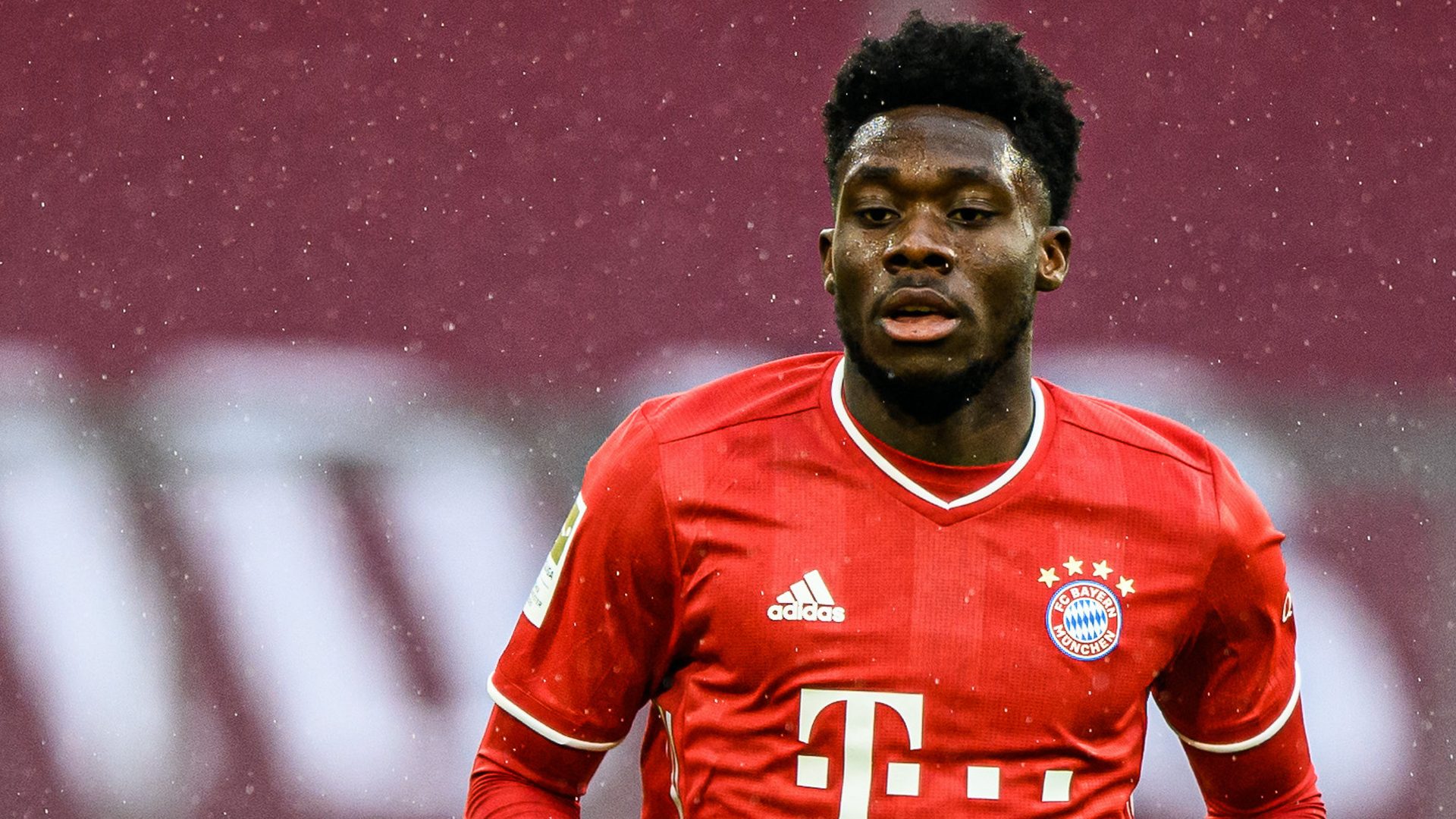On the December 2 episode of The Final Word, Silas Le Blanc talks about Canada’s participation in the controversial World Cup held in Qatar. In Qatar, homosexuality is criminalized and most of the country’s economy relies on migrant workers from neighbouring countries like Bangladesh and Nepal. Le Blanc speaks with Joe Recupero, an associate professor in the sport media program on what Canada’s participation means for soccer in the country.
Canada’s men’s team is competing in the tournament; its first appearance in 36 years, and its second overall. The first time was held in 1986 when Canada failed to even register a single goal as they lost all three group stage matches and finished in last place.
While Canada isn’t historically known for being a soccer country, it has slowly been developing its players for a while now, many of whom have been making waves overseas, namingly Alphonso Davies. Davies, who was born in a refugee camp in Ghana to Liberian parents during the second Liberian civil war and immigrated to Edmonton, is currently ranked one of the top left backs in the world. After Canada’s loss against Belgium and Croatia, it’s still looking for its first goal and win on the world stage.
Recupero, a proclaimed lifelong soccer fan, said he is quite happy that Canada made it to the World Cup after so long. “It’s just unfortunate that it happens to be in this FIFA World Cup, which I think is gonna go down in history books as probably the worst destination that FIFA has ever picked.”
Compared to Canada’s participation in the World Cup in 1986, Recupero said the media landscape has drastically changed with the evolution of technology, as well as people’s perception of the sport itself.
“Engagement with the sport was not big in terms of the way it is now because I think we are way more of a cultural mosaic and have way more people from other countries where soccer is and always has been a huge sport,” he said. “So it’s become a bigger sport now.”
However, the most striking difference about this World Cup is its location. Qatar is a very small country, but due to the fact that it sits on one of the largest natural gas reserves in the world, it is extremely wealthy and is the richest in the world based on per capita income.
It offers a generous welfare program for its citizens, but relies on a vast amount of foreign labor. In fact, only 12 per cent of people living in Qatar are actually citizens, with the majority being workers from India, Nepal. Bangladesh and Egypt. An estimated 30,000 of them were brought over just to build the stadiums for the World Cup and according to the Guardian, around 6,500 of them died building the stadiums.
Recupero said that he doesn’t understand why FIFA chose Qatar as a location given all the outcry about the stadium being built at the hands of abused migrant workers or the constant persecution of the LGTBQ+ community.
“To me, the trade off doesn’t seem worth it at all,” Recupero said.
When some sport teams decided to wear pro-LGBTQ+ arm bands with the word love, for which they faced a fine, Recupero said they were going against an organization—and an entire athletic league—that has never held that community’s well being at heart.
“All these teams and captains were kind of coming up together and trying to be like David going up against Goliath,” he said.
Due to Qatar’s excruciatingly hot summers, FIFA decided that the tournament would have to be hosted at night. Recupero said that the timing of the championship is changing the “flow of soccer around the world.”









